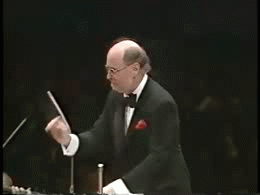- Joined
- Apr 25, 2014
- Messages
- 4,509
- Reaction score
- 4,132
Why is this the prevailing strategy? I can't think of any worse way to combat something that we aren't sure of, that could end up threatening human life as a species(obviously a very small amount of cases). It makes 0 sense to me that whenever we hear about an ebola outbreak or something stronger that we hear about doctors sitting there in danger continuing to treat patients.
There isn't that much more they can do for patients than other health-care workers. The fact is that physicians are much harder to replace that people lower down the food chain, and if we're talking a threat to human life, dynamics like this are absolutely important to recognize. If they've never experienced an illness before, I don't see how putting them in close quarters with infected patients is going to help things at all.
I understand the appeal to emotion that some will have " but physicians should do everything within their power to help people," Well here's how I look at that: you can see 1 patient and risk your life and thus the ability to help others in the future, or you could administrate the treatment of that 1 patient without having direct contact or simply wait till you can get proper equipment so you can directly treat them and not get infected and not risk being infected and having your abilities compromised.
There isn't that much more they can do for patients than other health-care workers. The fact is that physicians are much harder to replace that people lower down the food chain, and if we're talking a threat to human life, dynamics like this are absolutely important to recognize. If they've never experienced an illness before, I don't see how putting them in close quarters with infected patients is going to help things at all.
I understand the appeal to emotion that some will have " but physicians should do everything within their power to help people," Well here's how I look at that: you can see 1 patient and risk your life and thus the ability to help others in the future, or you could administrate the treatment of that 1 patient without having direct contact or simply wait till you can get proper equipment so you can directly treat them and not get infected and not risk being infected and having your abilities compromised.

